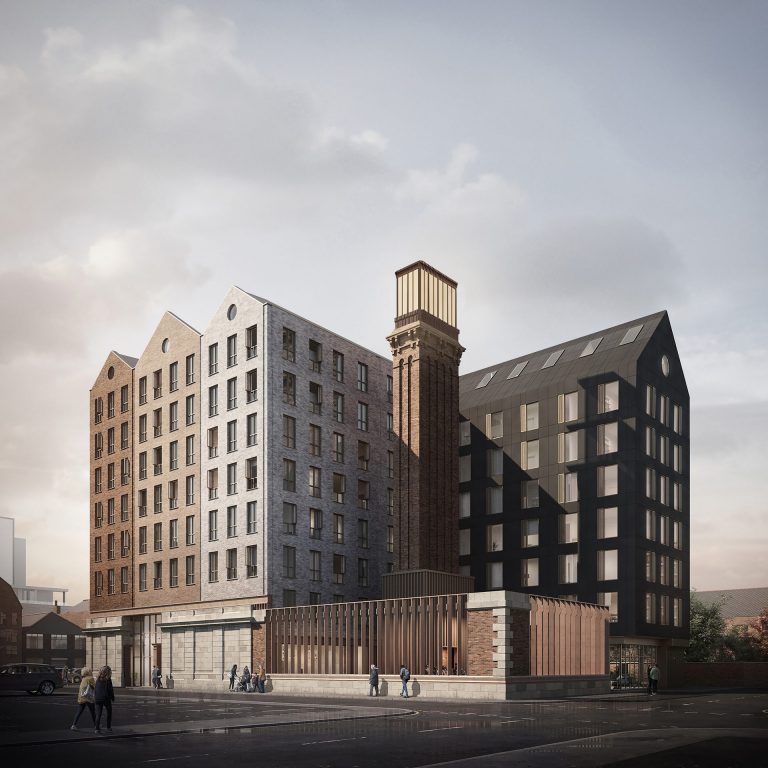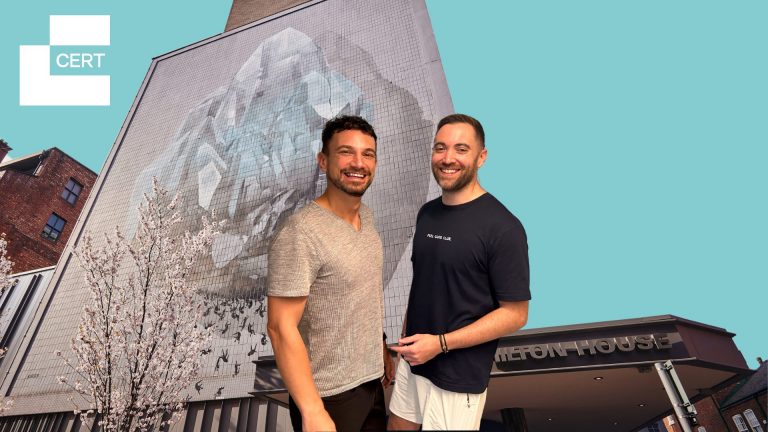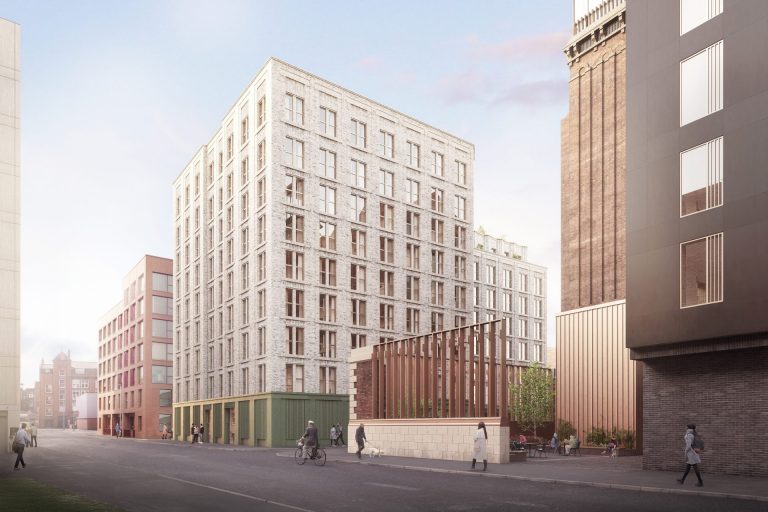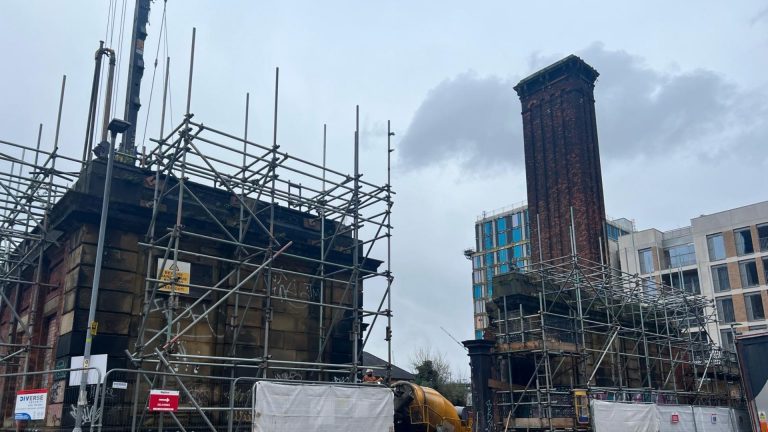News
Welcome to another episode of the No Bullsh*t Property Podcast, where Howard and Paul are joined by Matt Spillbury, from CBRE, to discuss the role and importance of viability in the built environment.
This episode covers a lot of ground, from unravelling the complexities of viability assessments amidst current political reforms, alongside the potential need for a new wave of ‘viability superheroes’ to navigate them effectively, and addresses the challenges of stakeholder understanding.
Understanding Viability Assessments
During the discussion, Matt explains that viability assessments play a pivotal role in evaluating the economic feasibility of a project. They consider costs, revenues, and potential profit margins to ensure financial sustainability. Matt highlights that these assessments are not just about numbers; they involve negotiations to balance profitability with public benefits, ensuring that projects gain community support and meet regulatory approval. CBRE performs these critical tasks to save projects from financial pitfalls and guide them towards success.
The Evolution of Viability Assessments
Howard, Paul, and Matt delve into how viability has evolved from being a less stringent process to one that is now more tightly regulated and standardised. Matt points out that this evolution ensures that viability assessments are transparent, consistent, and fair, providing a balanced approach to development. CBRE steps in to educate and clarify these assessments, turning potential project setbacks into triumphs. “The evolution of viability assessments has made the process more transparent and fair, but there’s still a need for greater understanding among local authorities,” says Matt.
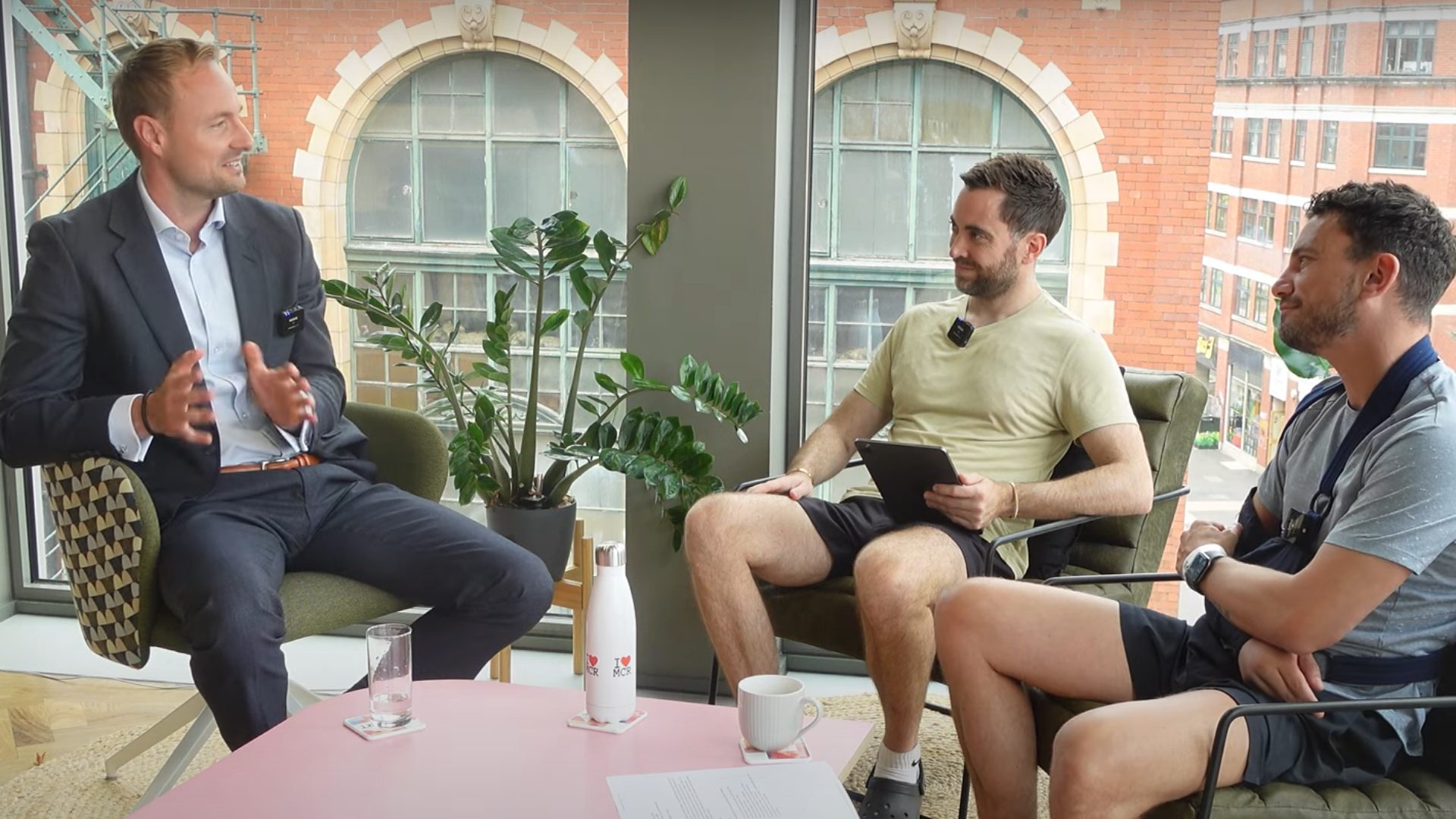
Key Components of Viability Assessments
- Financial Analysis: Matt emphasises the importance of thorough financial analysis, which evaluates the economic feasibility of a project by considering all costs, revenues, and potential profit margins. This step is critical for ensuring that the project is financially sustainable.
- Public Benefits: The episode underscores the need for assessing what contributions the development can make to the community, such as affordable housing, green spaces, and infrastructure improvements. Balancing profitability with public benefits is crucial for gaining community support and regulatory approval.
- Negotiation: The speakers discuss how effective negotiation between developers and local authorities is essential to agree on the level of public benefits and planning obligations. This negotiation ensures that projects meet both economic and community needs.
Potential Improvements to the Viability Process
Matt and the hosts explore potential improvements to the viability process, such as:
- Dispute Resolution Mechanism: Introducing an independent arbitration mechanism to resolve disagreements over viability assessments can accelerate decision-making and reduce delays. This approach fosters a collaborative environment and ensures timely project approvals.
- Training for Planning Committees: The importance of educating planning committee members on viability factors is emphasised to ensure more informed and balanced decisions. Training programs can bridge knowledge gaps and enhance understanding of financial and community impacts.
- Timing of Viability Assessments: Conducting viability assessments as a precondition to project initiation rather than during the application stage can reflect the most accurate market conditions, leading to more realistic and achievable planning obligations.
How Education and Transparency Can Transform Viability in Planning
The discussion turned to greater transparency and education about the viability process which is essential for rebuilding trust and ensuring the planning system functions efficiently. By demystifying the assessment process and ensuring all stakeholders are adequately informed, the planning process can become more collaborative and effective.
CBRE are leading the charge in this educational effort, providing briefings and training sessions for local authority members to enhance their understanding and foster a transparent and informed planning environment.
Conclusion: Balancing Development with Viability
The episode concludes with a reflective discussion on the ongoing shifts in the planning landscape. The hosts and guest acknowledge the role of viability in shaping successful development projects and the necessity for continual refinement of the process to keep pace with evolving market dynamics.
As Matt aptly puts it, “Ensuring that the viability process is transparent, well-understood, and effectively managed is crucial for the sustainable growth of our built environment. Both developers and local authorities have a shared responsibility to work towards this goal, balancing the aspirations of development with the public benefits it should provide.”
To listen to the full podcast episode, head over to apple podcast or spotify! You can also watch it here:
More News
